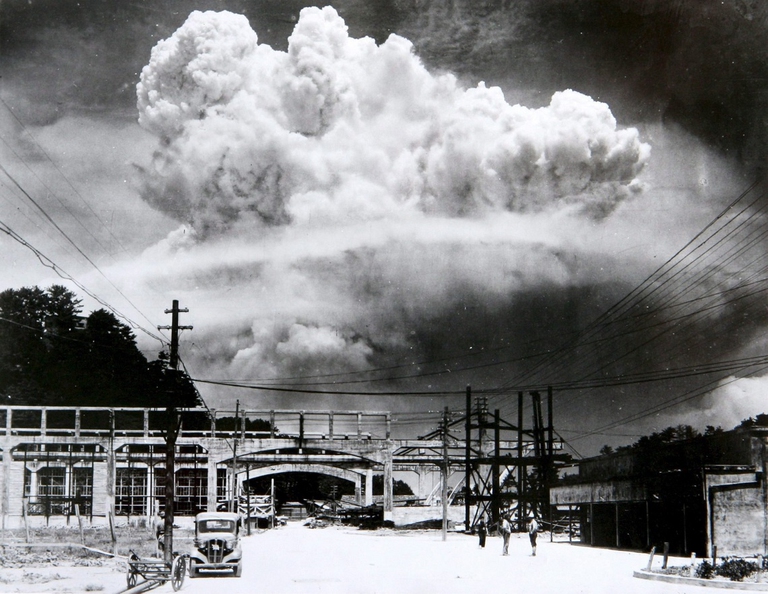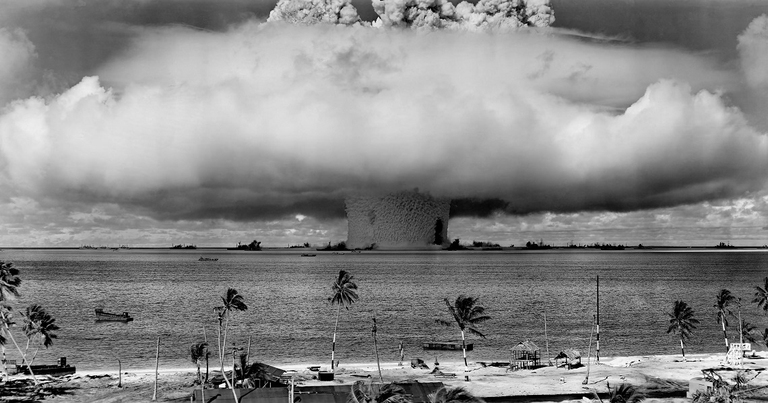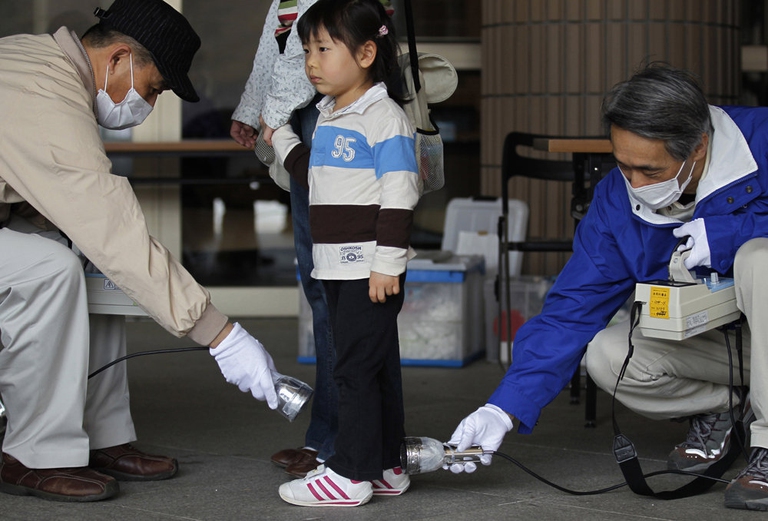
As per tradition after 12 years India held Mahakumbh, the world’s largest spiritual congregation that has been attracting pilgrims from across the globe.
The day focuses on the need to stop nuclear tests, a threat that could lead to the extinction of our species.
Seventy-one years have passed since the first atomic bomb in history, jokingly called “Little boy”, was dropped on the Japanese city of Hiroshima on 6 August 1945. Today, this bombing of civilians by the US army is considered a war crime. The bomb killed 70,000 people and other tens of thousands died afterwards, devastated by burns and radiations. The bombing was aimed to show the world the insanity of the (atomic) war, but it resulted in a tragedy.
29 August is the International day against nuclear tests, established in 2010 by the United Nations to promote the elimination of nuclear tests and avoid the “devastating effects of testing on human life”. Banning these tests for the United Nations Office for Disarmament Affairs (UNODA) is a crucial step towards achieving a safer world. “On this International Day against Nuclear Tests, I call on the world to summon a sense of solidarity commensurate with the urgent need to end the dangerous impasse on this issue”, UN Secretary-General Ban Ki-moon announced.
Since the first nuclear test that dates back to 16 July 1945, nearly 2,000 have taken place. At first, the devastating effects of nuclear bombs had been underestimated and there has been little consideration on their impacts on people and the environment. However, today, these consequences are clear and the need for a unified effort to prevent further testing is evident.
There is an international instrument to put an end to all forms of nuclear testing, the Comprehensive Nuclear-Test-Ban Treaty (CTBT), which provides the base for controlling and limiting nuclear weapons. The treaty prohibits States Parties from carrying out any nuclear test in their territory and from taking part in these tests in any other place. The treaty was signed by 180 countries of which 148 also ratified it, but it will come into force when it will be signed or ratified also by all 44 nuclear-weapon States. These include United States, China, Egypt, Iran, India, Israel, Pakistan and Democratic People’s Republic of Korea that have yet to sign the treaty.
Atrocities like those of the atomic bombs dropped on Hiroshima and Nagasaki mustn’t be forgotten. They must be part of the collective memory, as an indelible recollection of the destruction ability of the human race. The day is meant to galvanize governmental and non-governmental organisations, academic institutions, youth networks and the media to inform, raise awareness, educate and advocate the necessity of banning nuclear weapon tests. This is key to the survival of our species. In fact, according to experts, if all nuclear-weapon states used their arsenal, humans (and many other innocent life forms) would be doomed to become extinct.
Siamo anche su WhatsApp. Segui il canale ufficiale LifeGate per restare aggiornata, aggiornato sulle ultime notizie e sulle nostre attività.
![]()
Quest'opera è distribuita con Licenza Creative Commons Attribuzione - Non commerciale - Non opere derivate 4.0 Internazionale.
As per tradition after 12 years India held Mahakumbh, the world’s largest spiritual congregation that has been attracting pilgrims from across the globe.
Workers in tea gardens of West Bengal, India, that produces Ctc tea for domestic consumption complain that they have been devoid of basic facilities while political parties make hollow promises during every elections which are never fulfilled.
India is in the middle of the elections, but sadly none of the politicians have uttered a word on man-animal conflict that has been devouring several lives every year.
Manipur, a state in north-east India, is still reeling under the tremors of violence that broke out last year devouring lives and paralyzing the economy.
The government of Tanzania is currently planning to evict more than 80.000 indigenous Maasai people from their ancenstral land
A new UNU-INWEH report on the global bottled water industry reveals the massive scale of this market and the lack of strict quality controls.
Isatou Ceesay founded a social enterprise that is helping to fight plastic pollution and empowering women and young people to gain economic independence.
In 2020, Mihela Hladin made a radical decision that many, in recent times, have probably considered. This is her story, with photos by Matt Audiffret.
The Brazilian government has started evicting illegal gold miners, responsible for the health emergency that has hit the Yanomami people.










